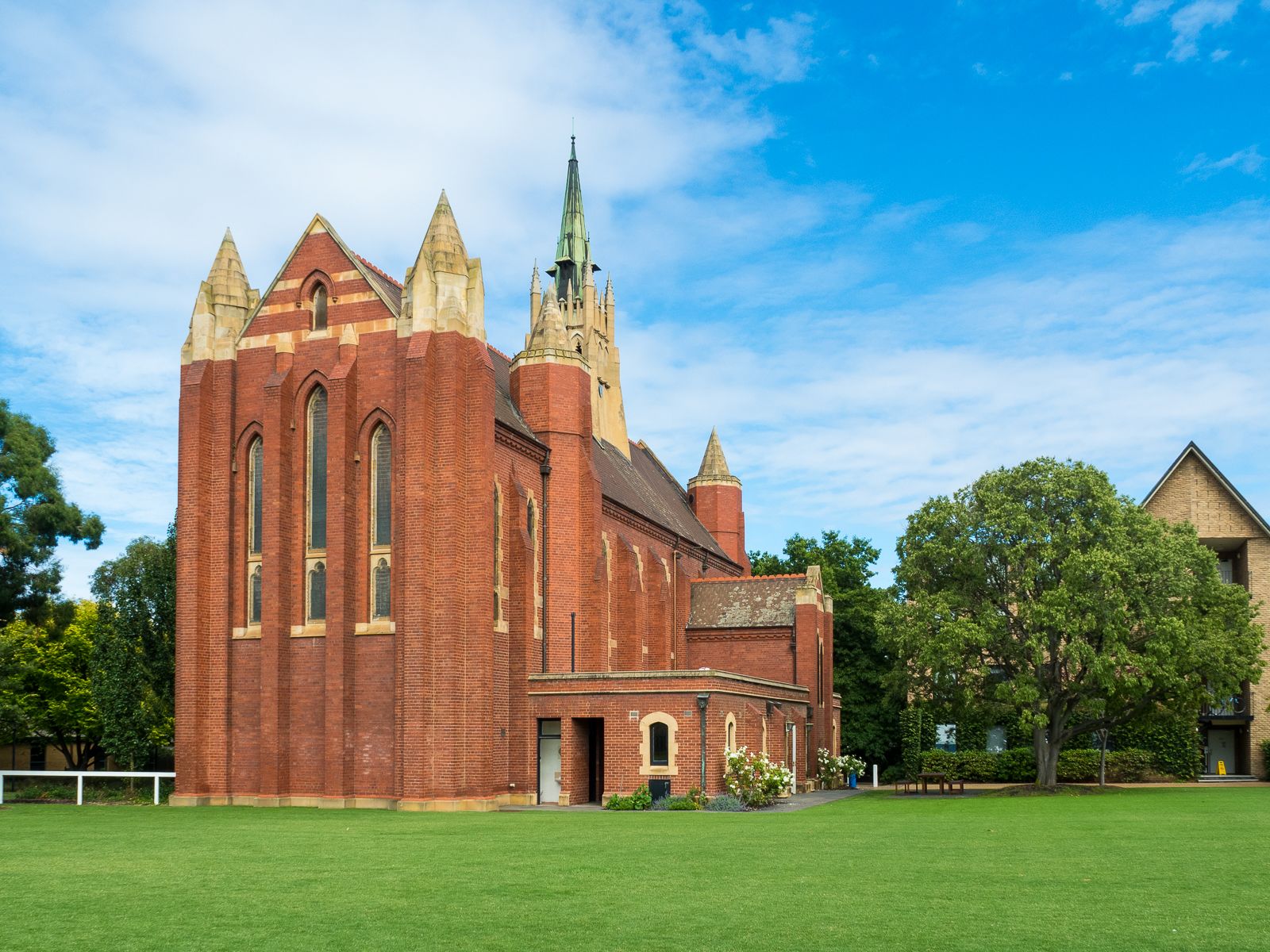A modest proposal for Anglican education
In Australia, about one-third of students are educated in a religiously affiliated school. This gives us a great opportunity for mission within the educational system.

We might assume that most young people think about faith in explicitly religious contexts, but statistics suggest otherwise. In Australia, about one-third of students are educated in a religiously affiliated school. This gives us a great opportunity for mission within the educational system.
This got me thinking about how we in Melbourne minister in areas that identify themselves as Anglican, such as our schools. There is a significant Anglican school presence within the Melbourne diocese. Many of these schools would describe their aim as delivering education within an Anglican ethos.
This ethos embraces two elements: a worldview and a behaviour, both informed and shaped by Anglican theology. That is, it is an expression of Christian faith that has been shaped by Scripture, the ancient teaching of the church, the expressions of theology that emerged in the period after the European Reformation and, more recently, the understandings drawn from Christians of non-European cultural backgrounds.
However, recognising this Anglican ethos leads to an auxiliary question.
Anglican teachers are highly qualified educators in their disciplines, but what qualifies them to teach in that Anglican ethos?
How do we, as the Church, make sure they are theologically articulate and able to deliver that specifically Anglican ethos that lies at the heart of claimed school identity?
Are there lessons we can learn from other faith-based schools, particularly the dominant player in faith-based schools, the Catholic Church?
It is a requirement within the Victorian Catholic school system that teachers complete professional development including Catholic curriculum, religious education and faith development, and Catholic identity, culture, tradition and theology. This is because witness is fundamental to the role of the Catholic educator, as it is within Protestant schools.
An educator who is both supported in and witness to their faith provides students with a real and tangible example of Christian attitudes and behaviour.

The Australian Catholic University offers undergraduate and postgraduate courses in Biblical Studies and Christian Theology which can support teachers in gaining the theological qualifications they need to lead within the Catholic school setting. This is because many other universities simply do not offer opportunities to either study or teach religious education, because many schools nationally do not offer religious education.
This then raises the question of whether similar practices could inform the formation of Anglican teachers?
Given that there are no Anglican universities comparable to Catholic institutions, postgraduate qualifications would seem to be the best pathway. In a diocese like Melbourne, we might then ask how we can achieve this outcome.
The answer exists already: the Anglican theological colleges, Ridley and Trinity offer opportunities for teachers to gain qualifications in theology, pastoral care and ethics. Both colleges offer postgraduate qualifications ranging from certificates to degrees.
Increasingly, these qualifications are “nested” within each other, meaning that a student may enrol in a shorter qualification and later transfer those credits to a more substantial qualification.
Thus, one might start with a certificate and proceed to either a diploma or degree. Such enrolments and qualifications would sit within the requirements for professional development within the Australian education system. For those wishing to expand their knowledge without pursuing a qualification, units might also be studied by audit.

Trinity College, Melbourne, offers online and on-campus theological study options
Trinity College, Melbourne, offers online and on-campus theological study options
What might pre or post- service teachers study in a short certificate course?
First, it would be crucial to undertake an introductory course in biblical studies, given the foundational role that Scripture has in all expressions of Anglicanism. Scripture is the touchstone of Anglican theological identity and ethos.
Knowing Scripture is something that we all implicitly acknowledge as valuable and to be desired. In parish settings, it is the purpose of the sermon. Additionally, “texts and traditions” may be a course delivered in religious education courses, and in some schools, it has been delivered by people with no theological qualification.
Teachers need to be able to “do theology” to mediate an Anglican ethos to students. Understanding of the subtleties of reading Scripture for its maximum effect is crucial to theology.
An Anglican ethos cannot be built on Scripture alone.
Those wanting to know what such an ethos entails also need to study the history of the Church and the doctrines which emerged after the Bible. Anglicans stand within a theological trajectory which starts in the New Testament period, engages with the great councils of the early church which formed the creeds, and then was re-shaped in the controversies of the 16th century Reformation in western Europe and after.
To know the history and development of the Anglican Communion, the Australian Church, and how all that hangs together offers us the chance to explore our place in global and Australian history. In turn, that allows us to see what is distinctive about Anglican identity and the positive contribution it may make to public life.
So, there it is, a modest proposal for what Augustine titled a Christian Education which would equip not just teachers, who prompted this reflection, but all lay Christians, for Anglican ministry and mission today.
This article first appeared in the The Melbourne Anglican.
Interested in studying theology? Browse our courses.
